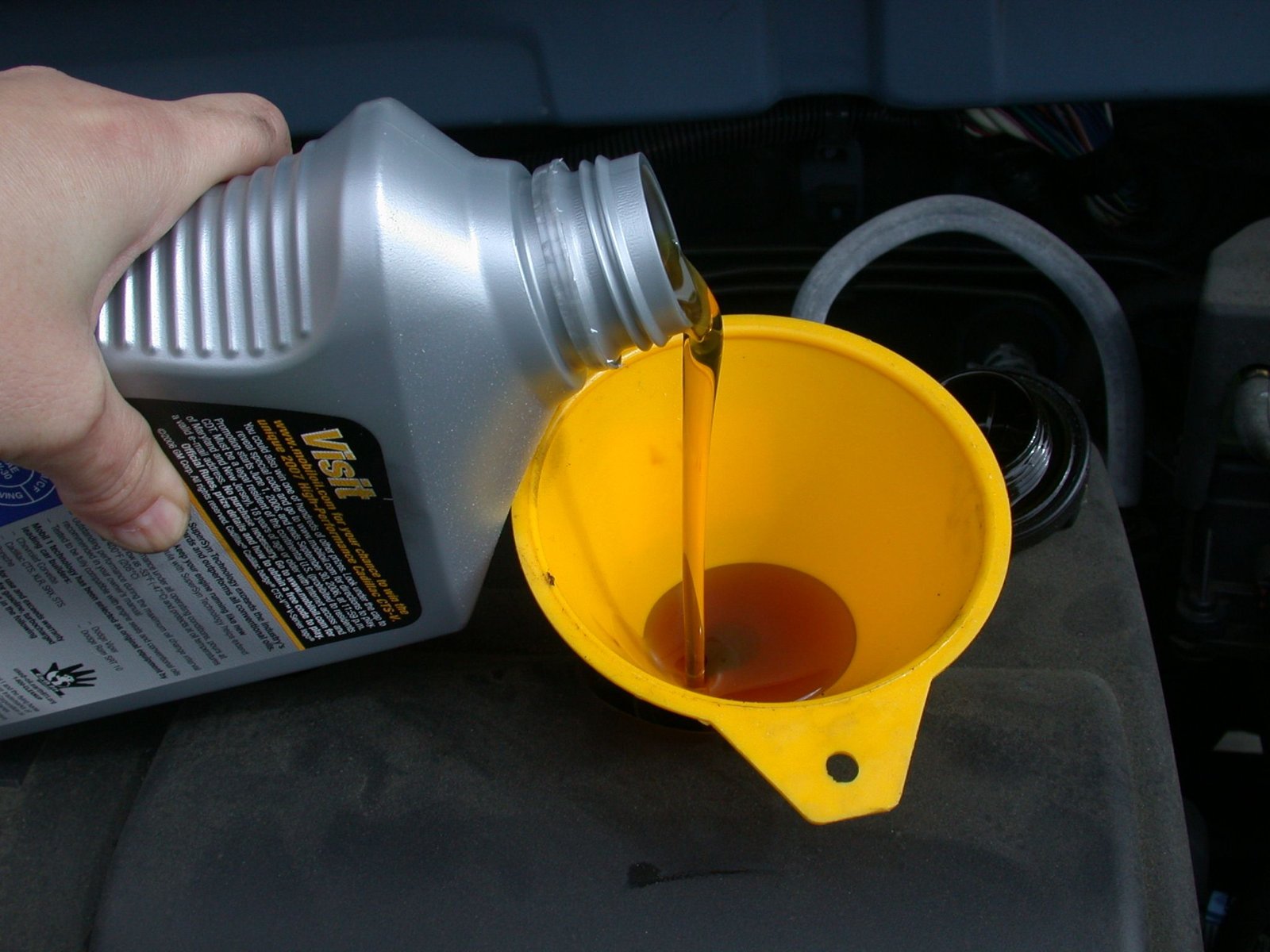Oils and lubricants keep your air compressor running efficiently. The best advice when looking for compressor oil is to follow your manufacturer’s recommendation. The recommended oil gives you optimal performance and prevents voiding the manufacturer’s warranty. You’ll find different types of oils and lubricants made for different types of compressors. Stick to options that won’t result in any damage to your equipment.
3 Tips to Choose the Best Air Compressor Oil
Finding oil and lubricants for your compressor requires reviewing different brands and options. You can stick with your manufacturer’s recommendations or find more efficient lubricants. Changing lubricants is common because some oils are optimized for specific seasons. Know the basic types and differences so you can determine premium oil for your compressor.
Here are three tips to help you find the best lubricants and oils for your air compressor:
1. Compare Standard vs. Synthetic Oil
Compressor oils can fall into mineral oil (standard) or synthetic oil. Mineral oils and lubricants are ideal for low- and medium-duty applications like residential settings. They’re also generally cheaper than synthetic oils. Industrial settings and other applications that require regular use can choose synthetic compressor oils.
Synthetic oils are heavily processed to provide a lightweight, efficient lubricant. They reduce operational noise and offer a wider range of temperature resistance, making them suitable for heavy-duty applications. If you run your compressor more frequently, consider using synthetic oils. They can prevent overheating and provide smoother operations.
Mineral oil products are the standard for most residential or personal-use air compressors. Factories, shops, and other heavy-duty applications will work fine with mineral oils but may get higher noise levels. Mineral oils can also overheat. The performance requirements and operational schedules will determine which option you should purchase.
2. Find the Right Weight/Viscosity
Compressor manufacturers recommend 20- or 30-weight oils and lubricants, which are the same weight as motor oils. Your area, compressor location, and model type will influence the ideal viscosity you choose. People who live in regions with colder winters may need to switch to different viscosities for certain periods.
A 20-weight oil works better in colder temperatures and can serve you during harsh falls and winters. Warmer seasons, like summer, require 30-weight oils because of the extra viscosity. A higher weight is thicker and coats the parts a lot better than lighter oils during the summer months. When temperatures drop, 30-weight oils will become too thick to provide efficient lubrication.
The compressor may fail to start if not well lubricated. You can switch weights during different seasons to keep your compressor running efficiently. If unsure what viscosity to pick, inquire from your manufacturer. Following the manufacturer’s recommendations is the best way to optimize lubrication. Choose the right thickness for your compressor model and size.
3. Review Other Benefits of the Oil
Compressor lubricants and oils come in many brand names, making it challenging to identify the best option. Each brand sells a unique advantage, while others position their products as the leading choice for specific compressors. You can review the different benefits to find oils that best fit your compressor.
Look for benefits like superior heat absorption and oxidation resistance. Oils with better heat absorption can prevent overheating, while oxidation resistance delays acid formation. Such features will give your compressor a longer lifespan. You should also look into the lifespan of the oil. Choose oils that last longer without compromising the compressor’s efficiency.
The best compressor lubricants maintain viscosity even during cold temperatures. Others feature additives to improve water separation to protect the compressor from water and oil emulsions. You can also find oils with anti-foaming properties. Review the main benefits of the oil to select leading brands with reputable products and happy references.
Air Compressor Oil Key Takeaways
Compressor lubricants and oils are either standard (mineral oil) or synthetic (heavily processed). Standard oils work best for homes and lightweight applications, while synthetic oils are designed for heavy-duty applications. The best lubricants offer longer lifespans, fewer deposits, cooler temperatures, and less oil consumption. You should also enjoy safer operation, extended equipment lifetime, and less carbon accumulation.
Avoid using substitutes and stick to the range of oils your manufacturer recommends. Alternatives like motor oil, hydraulic oil, and automatic transmission fluid may not present immediate issues. The drawback is that such options may feature corrosive detergents for lightweight compressors. Whether you have a rotary screw or reciprocating air compressor, stick to the most suitable oil, preferably one permitted by the manufacturer.

